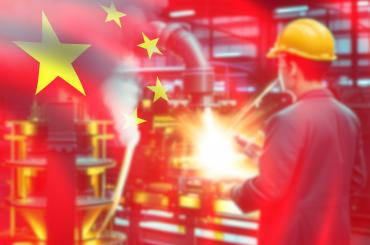
subsidies
-

Implementing industrial policy effectively: Lessons from shipbuilding in China
Industrial policy in China aimed to make the country’s shipbuilding industry a world leader. Comprehensive data on shipyards worldwide reveals the huge scale of this policy, which boosted China's domestic investment, entry, and world market share dra...
-

China does not pick – or create – winners when giving subsidies to firms
What is the relationship between the allocation of government subsidies and total productivity for Chinese listed firms?
-

Escaping the subsidy-quality trap in India’s retail electricity market
Reducing power prices for commercial and industrial consumers can help utilities raise revenue and enhance service quality across the system
-

Does household electrification supercharge economic development?
To what extent do the poorest rural households in sub-Saharan Africa benefit from residential electrification investments?
-

Temporary agricultural input subsidies have lasting impacts: The Mozambique experiment
Subsidies need not be permanent to benefit farmers. Well-designed policy that encourages experimentation can generate widespread and lasting impacts.
-

What is India's calorie paradox?
Why is an increase in average wealth in India accompanied by a decrease in average calorie consumption?
-

Curbing leakage in public programmes: Evidence from India’s Direct Benefit Transfer Policy for LPG subsidies
Transferring subsidies directly to the programme beneficiaries in in-kind transfer programmes can help in reducing leakages
-
Using mobile money to improve access to sanitation services in Dakar
Subsidies see a greater take up of mechanised latrine desludging than mental accounting nudges for better public health
-

The implication of firm competition on industrial policies
Small firms that receive subsidies in India grow more quickly than their competitors. But is it a zero-sum game?